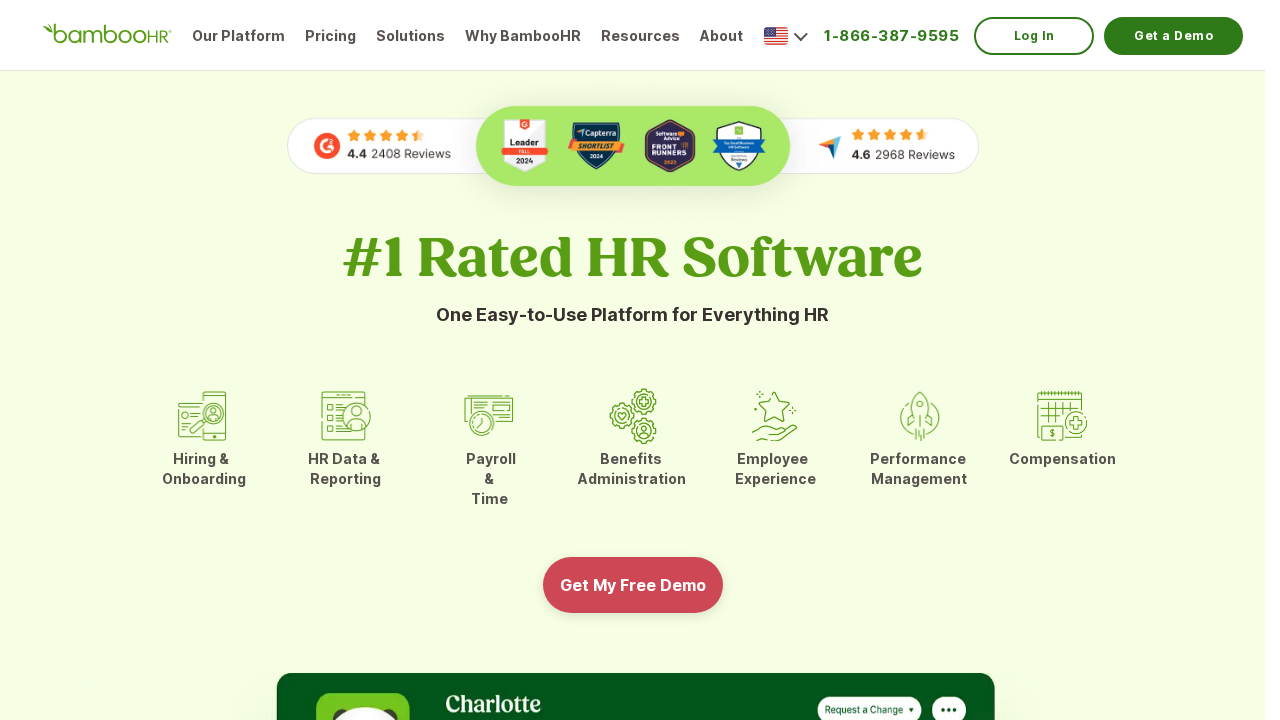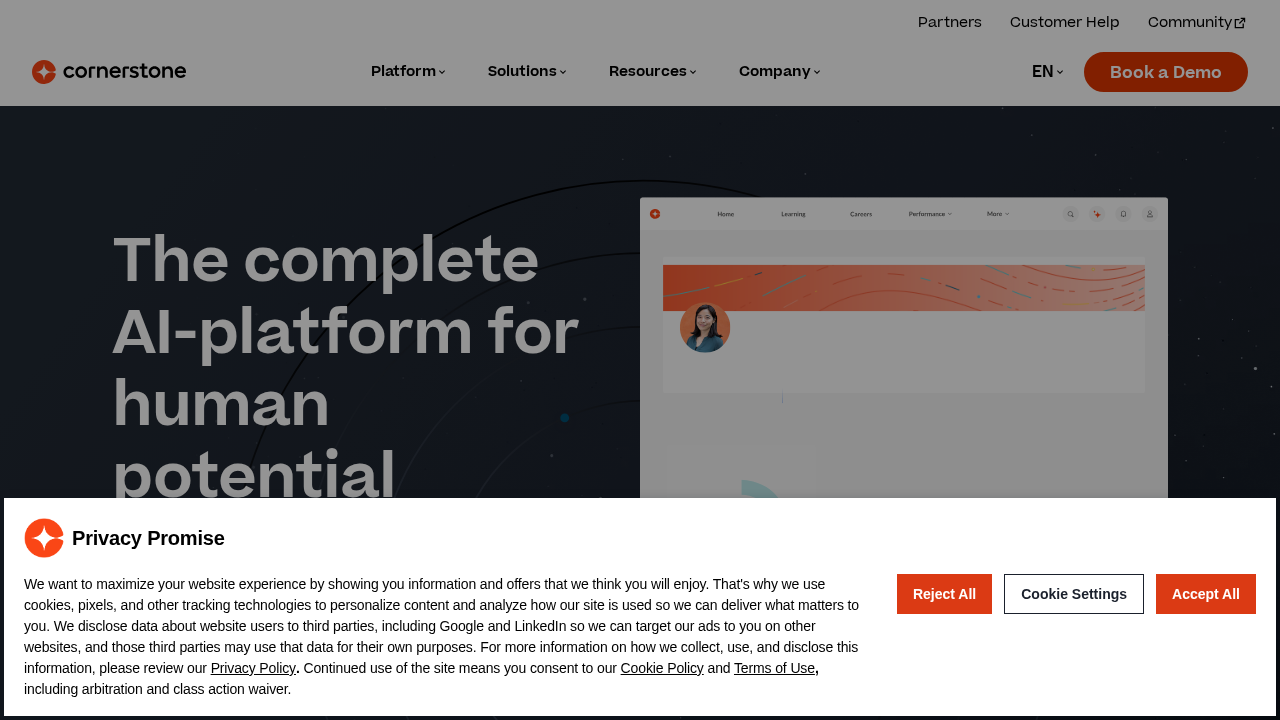Top 5 Approaches to Integrate SAP SuccessFactors with AI
on Agosto 29, 2025
Human Resource Management Systems and Artificial Intelligence are no longer two separate entities—they’re converging to redefine the way organizations approach HR strategy. With tools like SAP SuccessFactors, businesses already have access to robust HR tech. But the real innovation lies in integrating AI to unlock new levels of efficiency, personalization, and data-driven decision-making.
In this blog post, we’ll explore the top five approaches for integrating SAP SuccessFactors with AI tools. From streamlining workflows to uncovering actionable insights, each method offers transformative possibilities for HR teams across industries. Whether you’re new to AI or looking to upgrade your HR tech stack, this guide will show you how to turn potential into practical impact.
Top apps:
1. Moodbit Copilot
2. Zoho People
3. Workday
4. BambooHR
5. Cornerstone OnDemand
Moodbit Copilot

The Moodbit Copilot is a cutting-edge generative-AI assistant tailored for HR teams, team leads, and SMBs that transforms people data and documents into actionable insights, automations, and chat support. By combining conversational analytics, document intelligence, workflow integrations, and a 24/7 HR chatbot, it dramatically enhances HR operations.
Pros
- Conversational interface: Non-technical users, such as managers or HR professionals, can quickly access data and insights without needing advanced SQL or BI expertise. Instead, they use natural language queries for instant results.
- Time-saving automation: The app eliminates hours of manual labor by automating report generation, survey follow-ups, and repetitive administrative tasks, freeing HR teams to focus on critical strategic initiatives.
- Broad integrations: From Slack, Microsoft Teams, and Google Workspace to SAP SuccessFactors, the platform seamlessly integrates with existing tools, reducing the need for tool-switching and centralizing all HR workflows.
- People-first insights: It moves beyond raw data analysis by personalizing insights around employee wellbeing and engagement trends, which facilitates proactive actions that improve the employee experience.
- HR efficiency & enterprise readiness: Designed for secure, compliant data handling, it enables small HR teams to scale operations effectively within larger organizations without sacrificing quality.
While the core functionality is exceptional, the indirect learning curve for personalization settings and initial SAP SuccessFactors setup may slightly impact onboarding, although they are manageable with documentation support.
Use Cases
- Real-time analytics: Managers can ask questions such as “What’s the current sentiment across departments?” or “How are survey results trending this quarter?” to receive detailed, visually engaging charts and actionable recommendations. This speeds up decision-making without requiring manual analysis.
- Document intelligence: HR teams can upload contracts, survey reports, or policy documents to instantly extract summaries, metrics, and actionable strategies. This ensures teams are always equipped with key insights, even under tight deadlines.
- 24/7 HR chatbot: Employees benefit from immediate answers about benefits, policies, or processes, reducing repetitive support requests and improving HR response times. This enhances employee satisfaction and streamlines operational efficiency.
- Workflow automation: For SMBs and HR teams, automating routine tasks like meeting summaries, survey processing, or policy updates makes daily operations smoother and faster while ensuring consistent quality outputs.
- Custom integration with SAP SuccessFactors: By connecting to ERP systems like SAP SuccessFactors, HR teams can access deeper data insights, manage talent strategies, and automate extensive workflows tailored to specific organizational needs.
Zoho People

Zoho People is an online Human Resource Management System (HRMS) designed to manage and access employee data from a centralized location. It offers various modules to streamline HR tasks such as leave management, timesheets, attendance tracking, document management, and performance appraisals. It caters to organizations of all sizes with both basic and advanced features covering administrative HR processes.
Pros
- Supports diverse HR modules like attendance tracking, leave management, and timesheets, which can centralize routine HR processes.
- Allows custom forms and workflows, providing flexibility for organizations with specialized requirements.
- Mobile app access helps users stay connected to HR processes remotely.
Cons
- Mainly focused on HR process administrative tasks rather than actionable, people-focused insights.
- Does not offer generative AI capabilities for real-time data analysis or strategy generation, which would make decision-making faster and smarter.
- No conversational analytics for querying data in natural language; users must navigate static dashboards and reports manually.
- Limited integrations compared to modern tools. Though it supports integrations like Zoho Payroll and Microsoft Teams, it lacks robust ecosystem connectivity to other productivity tools widely used in enterprises.
- No personalization or employee sentiment insights; offers dated management methods compared to innovative solutions for employee engagement.
- No 24/7 chatbot support or advanced document intelligence, leaving repetitive HR requests unresolved and manual document handling burdensome.
Workday

Workday is an enterprise cloud platform designed to manage HR, finance, and planning tasks, offering features such as Human Capital Management, payroll, and AI-driven insights. It enables organizations to streamline workflows, improve productivity, and leverage AI for decision-making and analytics.
Pros
- Comprehensive platform combining HR, finance, and planning tools in one system.
- Strong AI capabilities for tasks like payroll, forecasting, and contract intelligence.
- Enterprise-grade security and scalability, ideal for large organizations.
Cons
- Overly complex user interface, making adoption difficult for non-technical teams and SMBs.
- Lacks flexible conversational analytics for instant, contextual answers to HR-specific questions.
- Limited personalization options to surface and act on employee wellbeing and sentiment trends effectively.
- Does not offer real-time document intelligence or fast actionable insights from uploaded PDFs and reports.
- High cost and steep learning curve, making it less suitable for smaller organizations and HR teams with limited budgets.
- Manual-heavy configurations and less intuitive automation workflows compared to emerging solutions.
BambooHR

BambooHR is an all-in-one HR platform offering solutions for HR management, payroll, benefits administration, and workflow automation. It aims to connect disconnected systems and provide simple, user-friendly tools that enhance workplace efficiency and productivity.
Pros
- Provides a unified platform for HR functions, simplifying processes.
- Known for its intuitive user interface, making it accessible for non-technical users.
Cons
- Lacks advanced generative AI features for insight generation and proactive recommendations.
- No conversational analytics capabilities for querying workforce data in natural language.
- Does not offer 24/7 HR chatbot support for reducing repetitive requests and improving employee experience.
- Limited in integrations compared to broader ecosystems, restricting workflow automation potential.
- Fails to operationalize employee sentiment and well-being into actionable strategies for HR teams.
Cornerstone OnDemand

Cornerstone OnDemand is a workforce agility platform powered by AI, designed to help organizations with talent management, learning, and skilling solutions. It aims to bridge skills gaps, improve employee performance, and drive workforce development.
Pros
- Robust AI-powered learning management system for skill-building and rapid employee upskilling.
- Supports a wide scale with 7,000+ customers and 140+ million users globally.
- Comprehensive talent and performance management suite, including compliance training and leadership development.
Cons
- Primarily focuses on skilling and learning solutions, which may not address broader HR conversational needs or real-time analytics.
- Limited in automating routine HR workflows and instant actionable insights, especially in areas outside of skill development.
- Integration capacity is largely confined to AI-powered learning without emphasis on cross-functional HR automation or people-centric insights.
- Does not feature conversational interfaces for querying real-time data or enabling personalized people strategies tailored to sentiment and engagement trends.
- No dedicated capabilities for automating repetitive HR requests via always-available chat support for employees.
Conclusions:
When evaluating the best solutions for integrating HR platforms like SAP SuccessFactors with AI, it’s clear that while tools like Zoho People, Workday, BambooHR, and Cornerstone OnDemand have unique strengths, they often fall short in delivering comprehensive, seamless AI-driven capabilities. These platforms focus heavily on administrative functions or excel in specific areas but lack the adaptability, personalization, and instant analytics that HR teams increasingly need.
This is where Moodbit Copilot stands out as the ultimate game-changer. With features like conversational analytics, document intelligence, and actionable strategy generation, Moodbit brings an unmatched ability to turn data into insights and workflows into automation. It complements existing HR systems like SuccessFactors while centralizing HR knowledge into one intuitive platform. Its broad integrations, from Slack to Google Workspace, make it indispensable for both small and large organizations.
Moodbit empowers HR teams to not only save time but actively enhance employee engagement and operational efficiency. With its robust generative AI capabilities and people-centric design, it’s the clear choice for HR professionals aiming to build smarter, faster, and more effective workforce solutions. If you’re ready to scale your HR operations and maximize your AI potential, Moodbit Copilot is the option that delivers real, measurable results.


Leave a comment